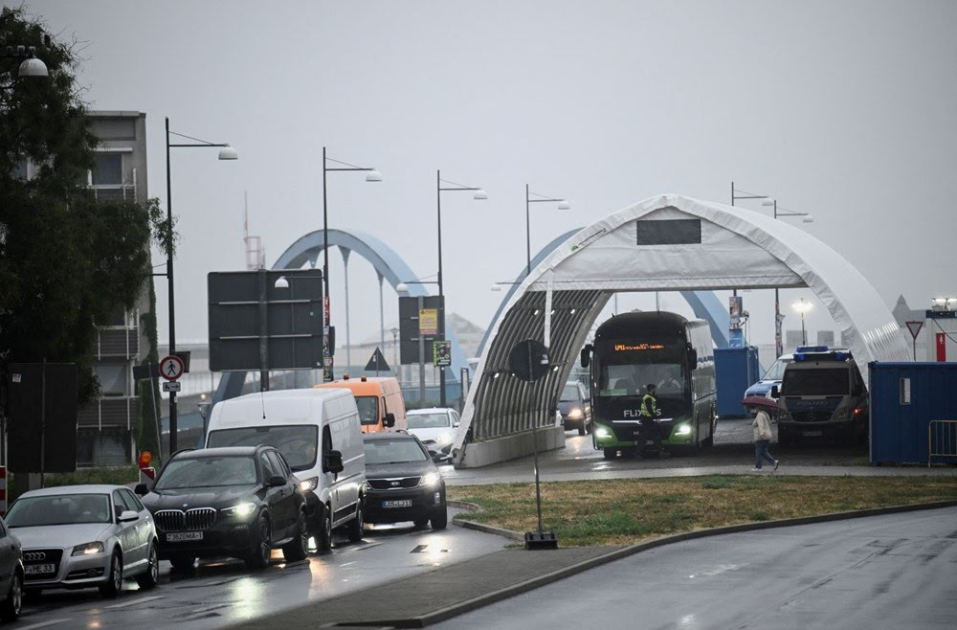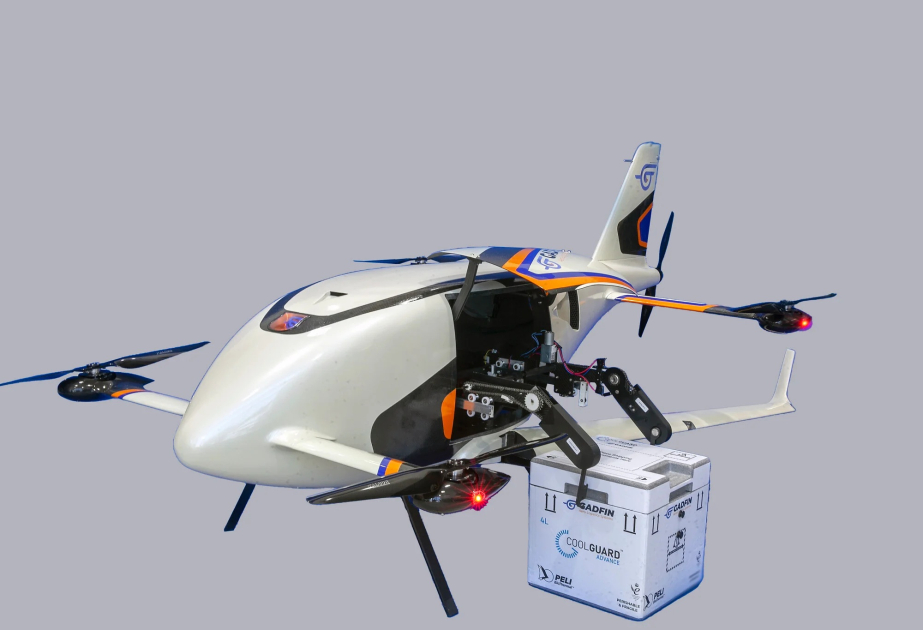German police will be monitoring all of the country's land borders starting on Monday, September 16.
According to Deutsche Welle, until then, only travelers entering the country at the eastern and southern land borders were checked. Now, for at least the next six months, northern and western borders will also be monitored. This would include border crossings with Denmark, the Netherlands, Belgium, Luxembourg and France.
Germany is located in the center of the Schengen Area, which comprises 29 European countries that have abolished internal border controls, with passports only required at external borders and airports.
The new border controls could lead to disruptions in the movement of people and goods. Polish Prime Minister Donald Tusk has accused Germany of endangering the entire Schengen system with its comprehensive new controls.
As a rule, internal border controls in the Schengen Area are only carried out under certain conditions. However, the member states alone decide whether these conditions have been met, and they are then required only to the notify the European Commission in Brussels.
The European Union can issue a reprimand for such border controls but has never yet done so. Rather, it generally confining itself to pointing out that border controls should remain the "last resort," as EU Commission spokesperson Anitta Hipper recently put it.
Additionally, the controls should be temporary and only last for a maximum of three years, in accordance with the recently amended Schengen Borders Code.



















